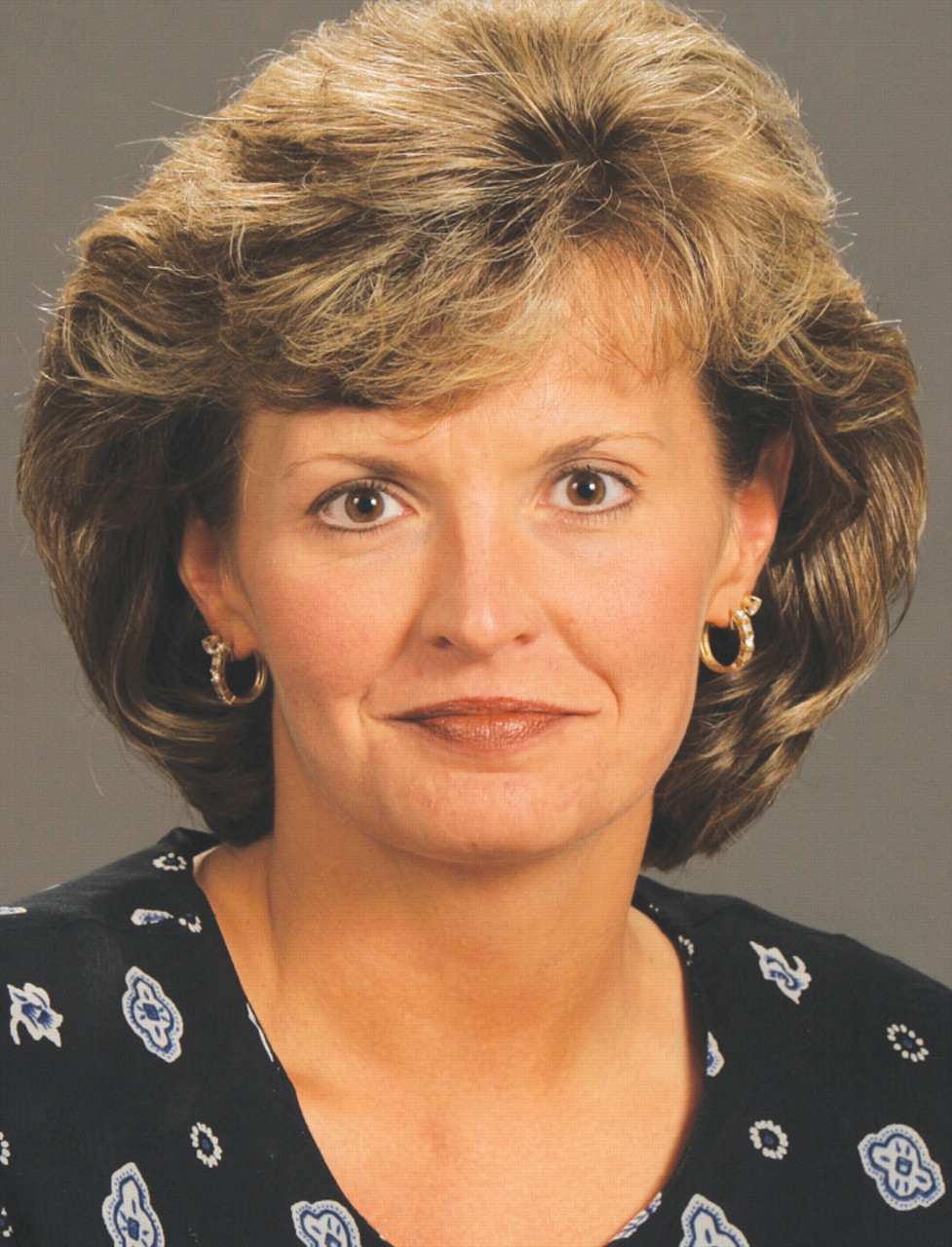Residents Should Make Joining APA One of Their New Experiences

My background is somewhat unusual. Prior to medical school, I worked for six years as an office manager for a psychiatrist and three social workers. This experience allowed me to gain a great deal of understanding regarding managed care issues, scope-of-practice concerns, and the stigmatization of mental illness—knowledge that I hope will be useful as I serve the next year as your MIT trustee.
As I write this column, I am completing the last two weeks of my third year of residency and looking forward to beginning the last year of my general psychiatry training. While I am about to finish, hundreds of others across the country are just beginning their residency. To these new doctors, I extend a warm welcome to the field of psychiatry and to APA.
I remember the first year of training as being one of multiple “firsts.” I still remember my first patient who passed away in internal medicine, my first night on call as I faced a very psychotic and agitated patient, and the first time that I had to commit a patient. I also remember how excited I was to begin the practice of being a psychiatrist and joining a residency program with wonderful colleagues and faculty from whom I have learned a great deal. Perhaps the highlight of my intern year was attending my first APA annual meeting in New Orleans. Walking into the convention center was overwhelming and inspiring. I felt as though I was a part of something that was in the midst of a time of growth and excitement. Experiencing the collegiality, attending lectures, and meeting some of the experts and leaders in our field served to reinforce, once again, my decision to pursue psychiatry as a career.
I know that interns beginning their training this month will have their own “firsts” that will stay with them throughout their career. I hope that you will all come to feel, as I have, that APA is part of your professional identity and that your membership is something that you value.
Obviously, there are multiple financial benefits to being an APA member-in-training. We receive a discount on textbooks and annual meeting registration. Multiple travel scholarships are available to MITs to attend the annual meeting and the Institute on Psychiatric Services. Dues at the national level are waived during your first year of membership and cost $80 thereafter. (Some district branches also waive first-year dues.) This nominal fee pays for APA publications that would cost hundreds of dollars if purchased without membership.
Freebies and financial benefits are wonderful, but the most important thing that APA can provide you with is a sense of community with other professionals in your field. Serving this last year on the Board of Trustees has proven to me that this organization has our best interests at heart. APA devotes a tremendous amount of effort to working for insurance parity, protecting us from scope-of-practice challenges, and diligently hammering away at the stigmatization that our patients and profession face each day. Our profession would be quite different were it not for the efforts of APA. I hope that each of you, whether you are just starting your training or are about to finish, considers how you too can make a difference, whether your involvement is at the local, state, or national level.
Best of luck to each of you as we begin a new year of training, and I look forward to serving you on the Board of Trustees this year. If you have any questions or concerns or if you are interested in writing an article for the Residents’ Forum, please contact me by e-mail at [email protected]. ▪
Dr. Harper is APA’s member-in-training trustee.



